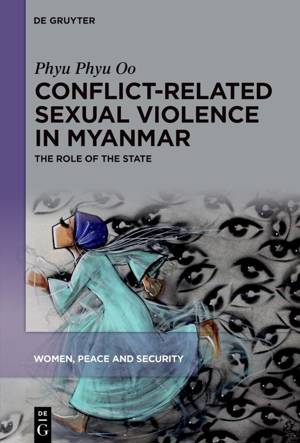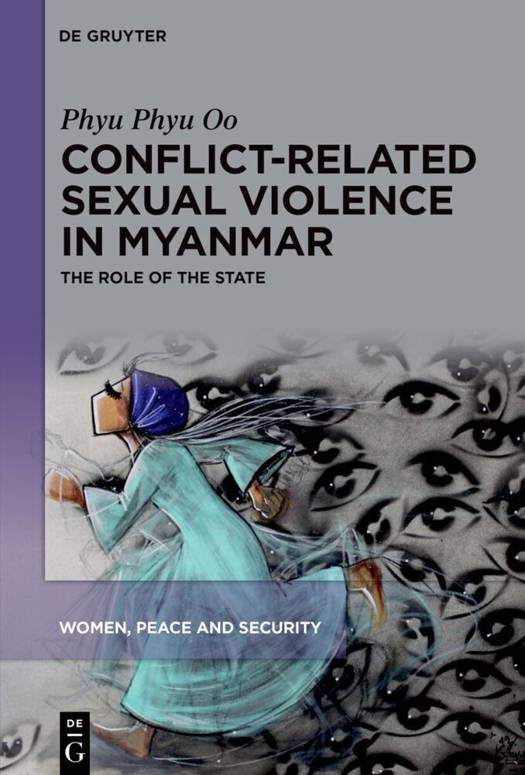
- Retrait gratuit dans votre magasin Club
- 7.000.000 titres dans notre catalogue
- Payer en toute sécurité
- Toujours un magasin près de chez vous
- Retrait gratuit dans votre magasin Club
- 7.000.0000 titres dans notre catalogue
- Payer en toute sécurité
- Toujours un magasin près de chez vous
Description
The prevention of Conflict-related Sexual Violence (CRSV) often relies on states to lead prevention and response mechanisms at the domestic level. However, state actors, such as the military, are frequently responsible for this violence. Can states play an effective role in preventing and responding to CRSV?
Conflict-Related Sexual Violence in Myanmar: The Role of the State provides a deeper understanding of the state's role as a prevention actor and explains why strategies aimed at preventing CRSV often fail and can sometimes even result in more harm.
Myanmar is a politically complex state that has experienced several decades of armed conflict, persistent military regimes, and a high prevalence of CRSV incidents committed by the state armed forces, the Tatmadaw. The book offers unique insights into CRSV prevention efforts in Myanmar, tracing the implementation process of the Joint Communiqué (JC), an agreement signed between the Myanmar government and the United Nations to effectively prevent and respond to CRSV.
This book is based on a comprehensive qualitative analysis of internal and public documents, and interviews with multiple stakeholders over a two-year period. It reveals how the gendered power structure and formal and informal practices of Myanmar's state institutions constantly impeded the implementation process of the JC and offered a very limited political opportunity structure for local women's CSOs to be involved in the JC implementation. A significant portion of the data in this book was collected in 2021 following the military coup in Myanmar. The author describes her experiences as a local researcher in solidarity with the local research participants experiencing the brutality of the military crackdown and conducting data collection in a particularly challenging context.
Spécifications
Parties prenantes
- Auteur(s) :
- Editeur:
Contenu
- Nombre de pages :
- 178
- Langue:
- Anglais
- Collection :
- Tome:
- n° 4
Caractéristiques
- EAN:
- 9783111442778
- Date de parution :
- 17-02-25
- Format:
- Livre relié
- Format numérique:
- Genaaid
- Dimensions :
- 156 mm x 234 mm
- Poids :
- 430 g

Les avis
Nous publions uniquement les avis qui respectent les conditions requises. Consultez nos conditions pour les avis.






